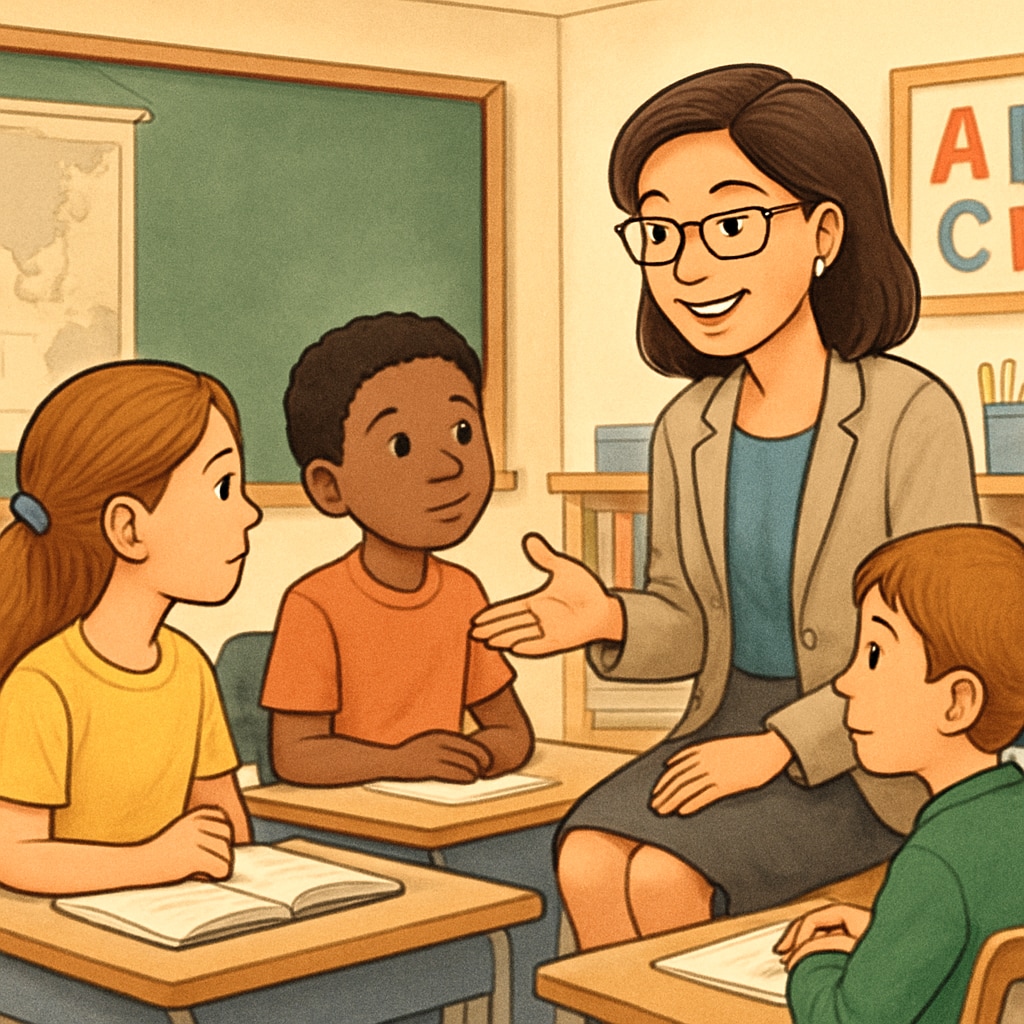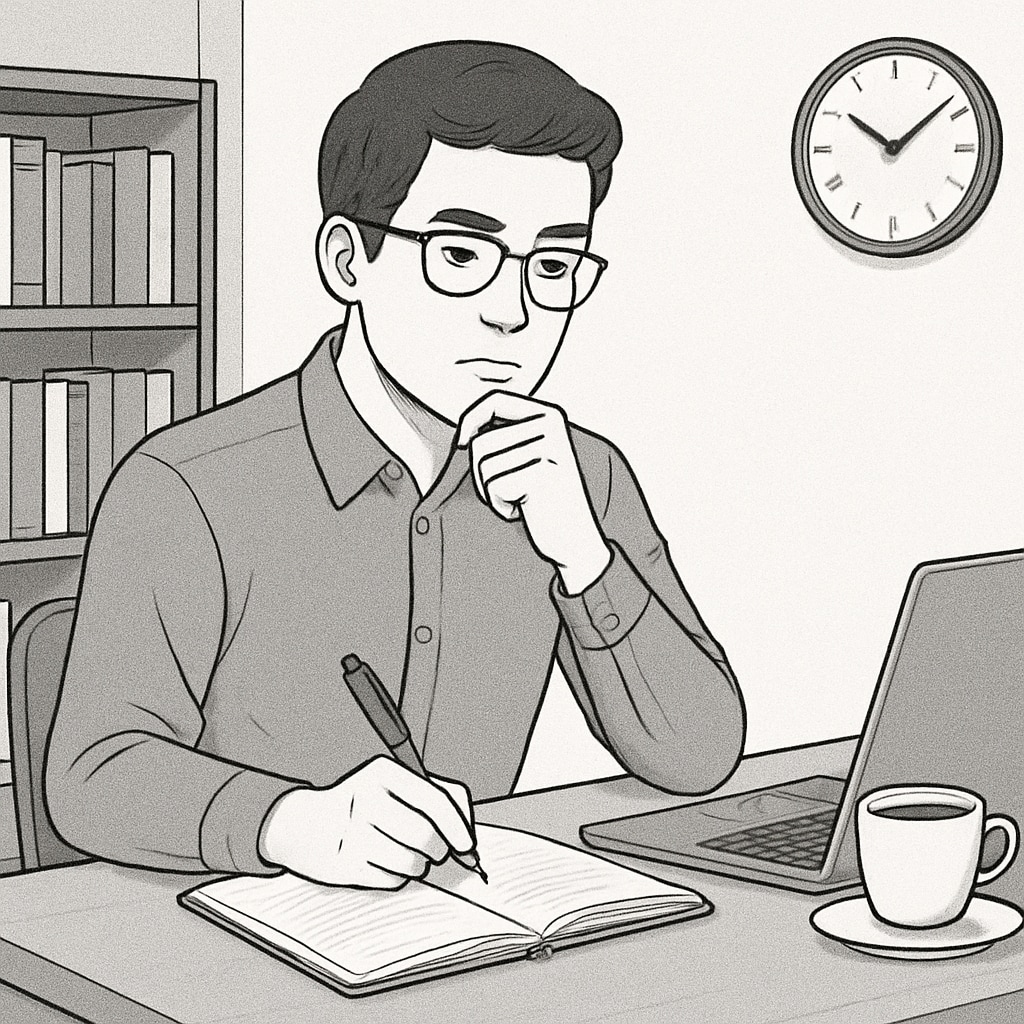Conducting interviews with school counselors can be a vital component of graduate assignments, especially for those focusing on K12 education. These interviews offer unique insights into the intersection of theory and practice, allowing students to explore real-world applications of their academic studies. However, this process is not without its challenges. From establishing initial contact to asking the right questions, graduate students often face hurdles that demand both preparation and adaptability. This article delves into the significance of school counselor interviews for graduate research and provides actionable strategies to ensure successful outcomes.

Why School Counselor Interviews Matter in Graduate Research
School counselors play a pivotal role in shaping the educational experience of students, particularly in K12 settings. Their responsibilities often range from academic guidance to addressing social-emotional needs, making them a valuable resource for graduate students researching educational practices and policies. Interviews with school counselors can provide first-hand perspectives that enrich academic projects by grounding theoretical frameworks in practical realities.
For example, a graduate student studying mental health support in schools might uncover specific challenges counselors face in implementing programs due to limited resources. This type of qualitative data not only adds depth to research but also helps students develop a more nuanced understanding of the issues at hand. Additionally, such interviews can serve as a bridge between academic inquiry and professional practice, fostering skills that are transferable to future careers in education or counseling.
Challenges in Conducting School Counselor Interviews
Despite their importance, scheduling and conducting interviews with school counselors can be daunting. Here are some common obstacles:
- Time Constraints: Counselors often have packed schedules, juggling multiple responsibilities. Finding a mutually convenient time for an interview can be challenging.
- Communication Barriers: Reaching out to counselors, especially in large school districts, may involve navigating layers of administration.
- Preparation Gaps: Students may lack experience in conducting professional interviews, leading to poorly structured questions or missed opportunities for deeper insights.
Understanding these challenges is the first step toward addressing them effectively. By adopting a proactive and organized approach, graduate students can overcome these barriers and make the most of their interviews.

Practical Strategies for Successful Interviews
To ensure productive interactions with school counselors, graduate students should consider the following strategies:
- Do Your Homework: Before reaching out to a counselor, research their school, demographic profile, and any publicly available information about their counseling programs. This demonstrates your commitment and helps tailor your questions to their specific context.
- Craft a Polished Email: When initiating contact, use a professional tone and clearly outline your purpose, the relevance of the interview to your assignment, and the estimated time required. Be concise but informative.
- Prepare Thoughtful Questions: Develop open-ended questions that encourage detailed responses. For instance, ask about the counselor’s strategies for managing diverse student needs rather than yes/no questions.
- Leverage Technology: If in-person meetings are not feasible, propose virtual alternatives like video calls. This can make scheduling easier while maintaining a professional connection.
- Show Gratitude: Always thank the counselor for their time and insights, both during the interview and in a follow-up email. This fosters goodwill and leaves the door open for future collaboration.
By incorporating these strategies, students can build rapport with counselors and gain valuable information that enhances their academic work.
The Broader Impact of School Counselor Interviews
Beyond fulfilling the immediate requirements of a graduate assignment, interviewing school counselors has broader implications. It encourages students to engage with practitioners, fostering a deeper appreciation for the complexities of educational systems. Moreover, these interactions can inspire actionable solutions to challenges faced in schools, bridging the gap between research and real-world impact.
For instance, insights gained from these interviews might inform policy recommendations or the development of intervention programs. Additionally, establishing connections with professionals in the field can expand a student’s network, potentially opening doors to mentorship or career opportunities.
Ultimately, the value of school counselor interviews lies not only in the data collected but also in the professional skills and relationships cultivated through the process.
Conclusion
Graduate students undertaking assignments that involve interviewing school counselors are presented with a unique opportunity to connect academic theory with practical application. While challenges such as time constraints and communication barriers may arise, a well-thought-out approach can mitigate these issues. By preparing thoroughly, communicating effectively, and showing genuine appreciation for the counselor’s expertise, students can conduct meaningful interviews that enrich their research and professional development.
As a result, these interviews become more than just academic exercises—they serve as a platform for dialogue, learning, and growth. For graduate students passionate about education, this process offers invaluable insights into the everyday realities of K12 schools, paving the way for impactful contributions to the field.


